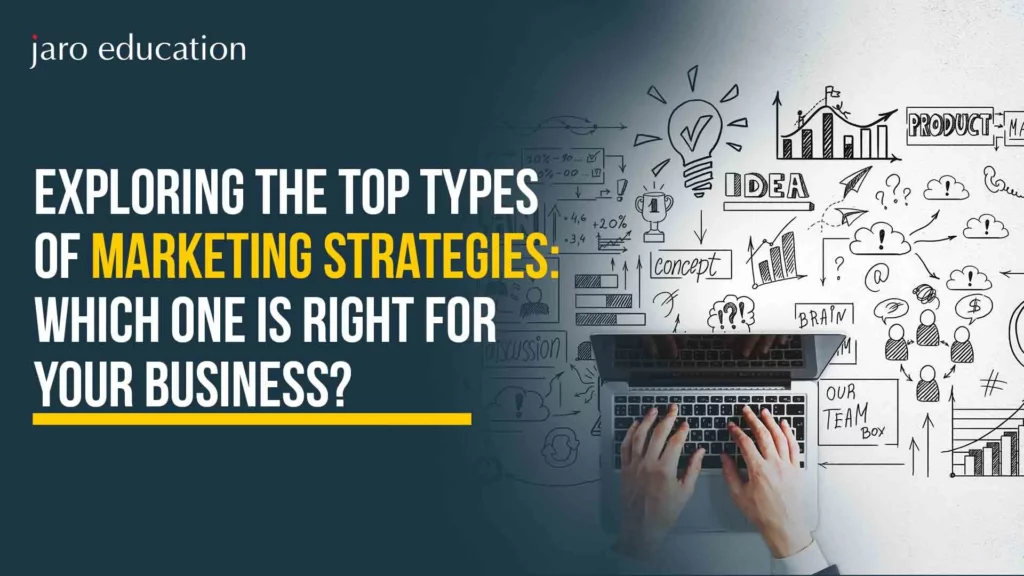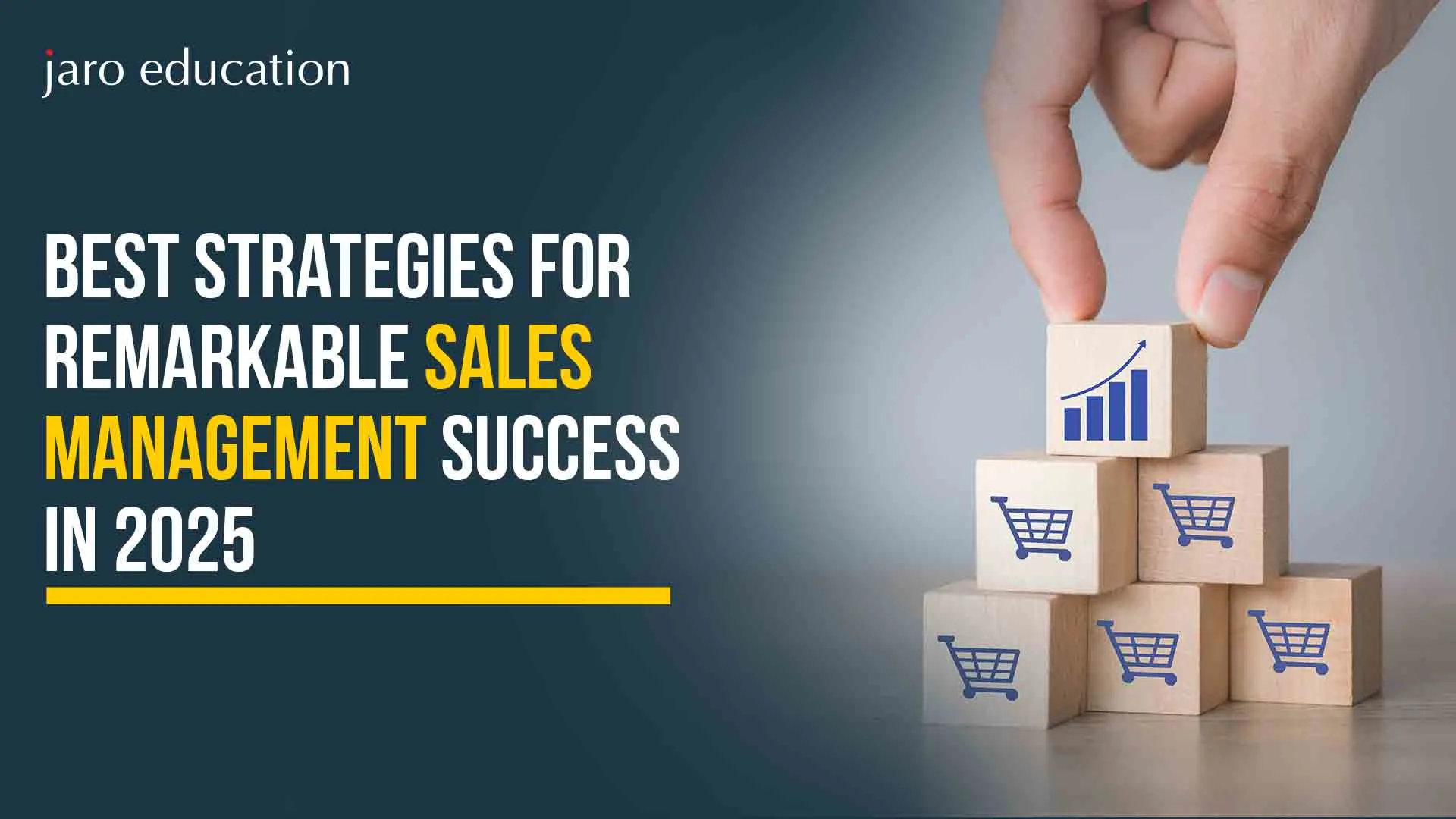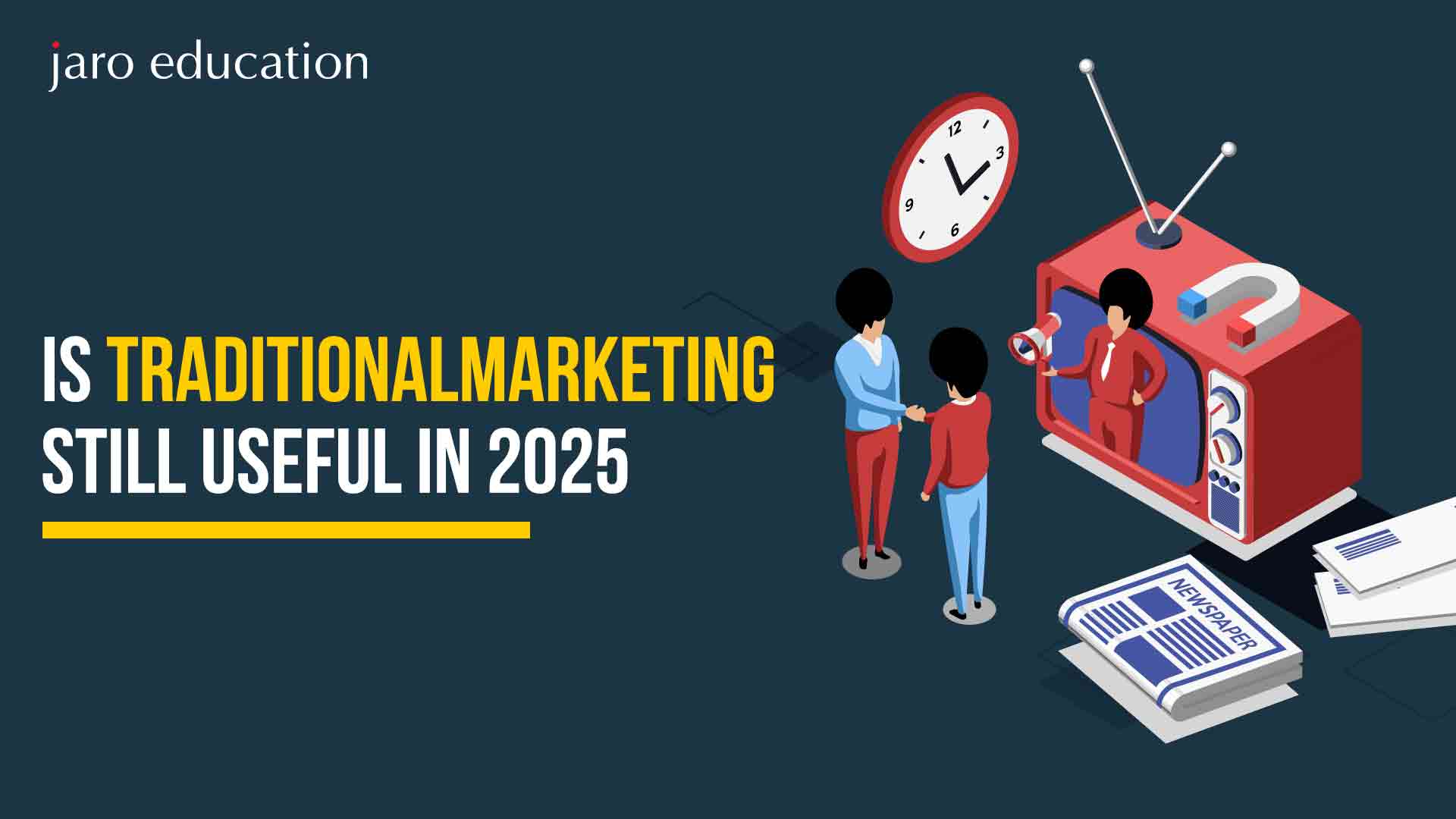Want to Be a CEO? Here’s What You Should Know
Table of Contents
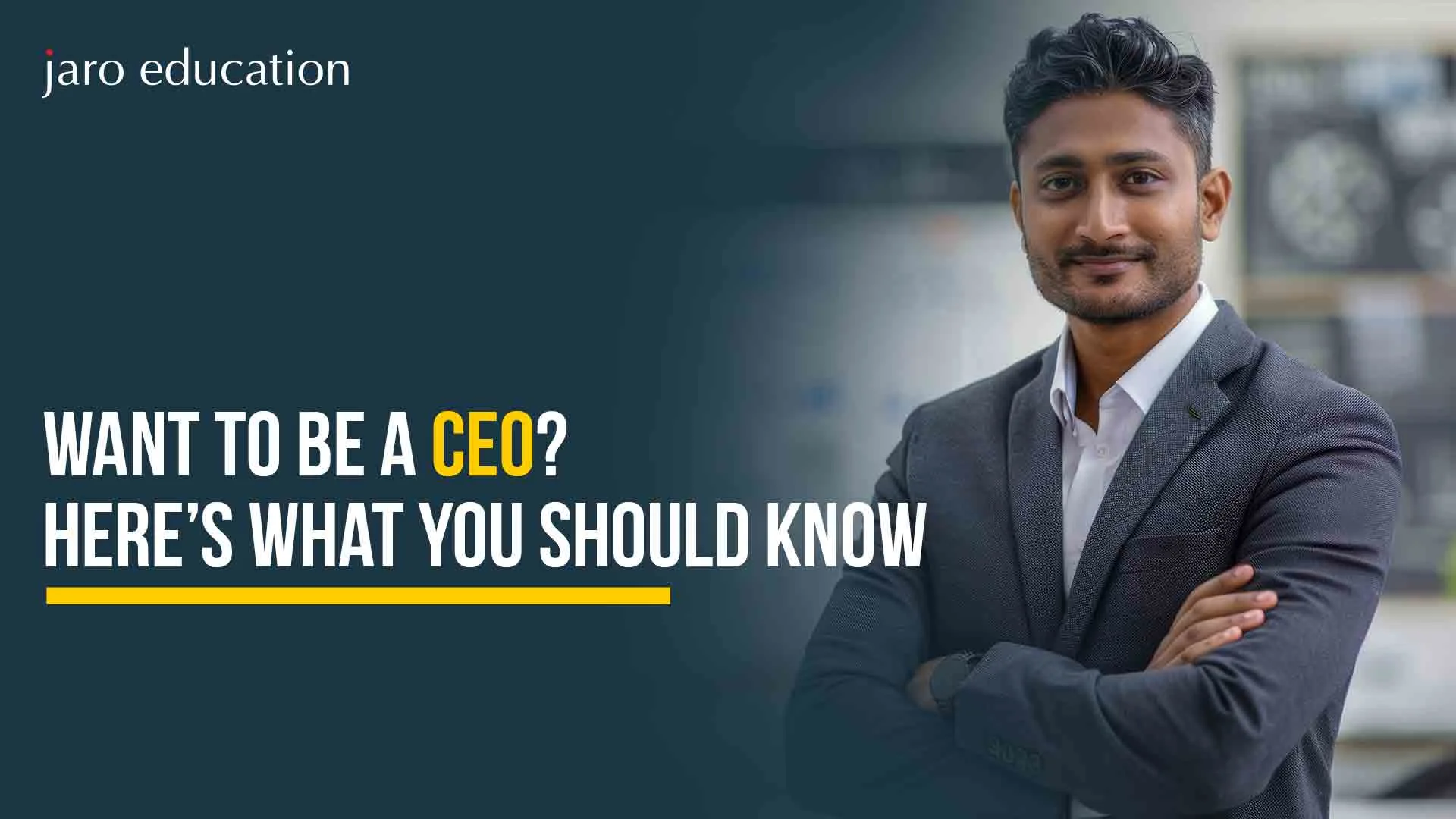
“Life is fragile. We’re not guaranteed a tomorrow, so give it everything you’ve got.” – Tim Cook, CEO of Apple
Have you ever dreamt of being the head of a company, making major decisions, and shaping an organisation’s future? The title of CEO (Chief Executive Officer) is a position many people aspire to, but with that comes a significant set of challenges and responsibilities. Think of being the leader behind the organisation’s vision, the one who brings it to life and takes both successes and challenges.
That sounds awesome, right? But do you know the CEO role is not for the faint of heart? Now you must be wondering why we are even saying this. Some of the top-performing CEOS like Warren Buffett, Marissa Mayer and Tim Cook make things look easy – but in reality, it’s not. Leading various uncertainties with lots of complexities can be emotionally and physically exhausting. But it is often said that where there is passion, there are no boundaries.
So, if you are the one who is wondering how to become a CEO, you’re at the right place and at the right time. In this blog, we are going to share some of the mind-boggling tips that will help you achieve your dream.
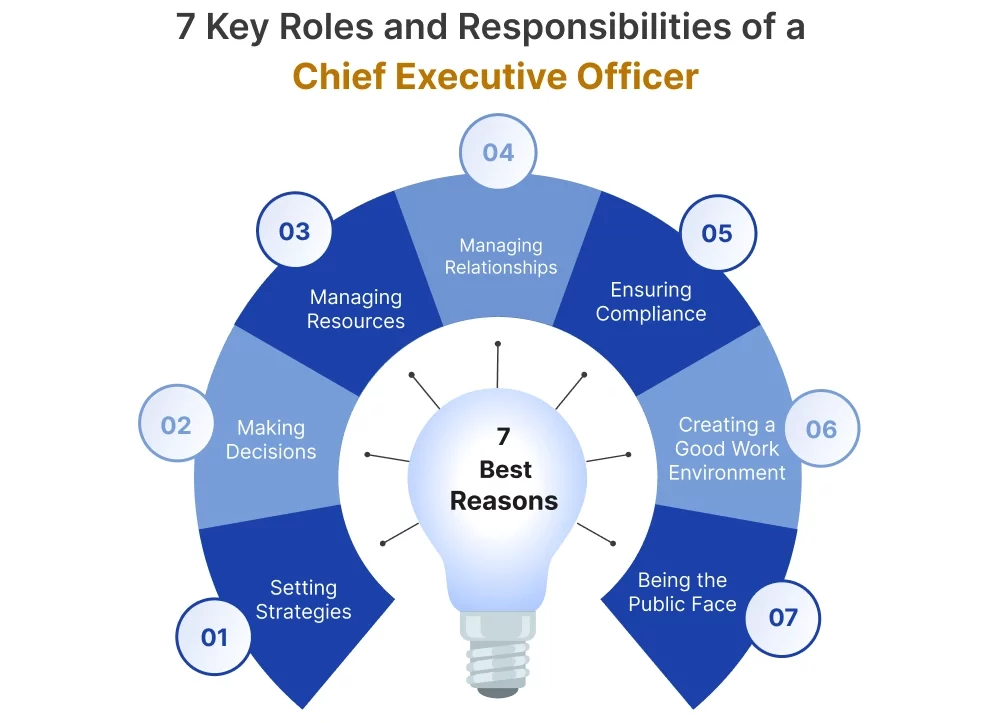
*edstellar.com
Understanding the CEO Role
Before we walk up the stairs to becoming a CEO, let’s clarify what it is. A CEO is the top person in a company, but they are so much more than top management. The CEO is a lot like the heart of any organisation. They set the tone and culture of the entire organisation, often managing all aspects of the organisation toward a vision, a strategy, or a set of goals. You can think of the CEO as the captain of the ship.
They move through highly turbulent waters, manage the crew of the ship, and keep the ship on a course towards its destination. The title may seem glamorous, and yes it does have some perks, but make no mistake that a large part of the work that a CEO does each day is making tough decisions and learning.
They are the face of the organisation and represent the organisation to stakeholders, investors, or the public. So if you are ready to take the plunge into how to become a CEO of the company, there are some things to consider in terms of skills, and the steps you need.
Essential Skills for Aspiring CEOs
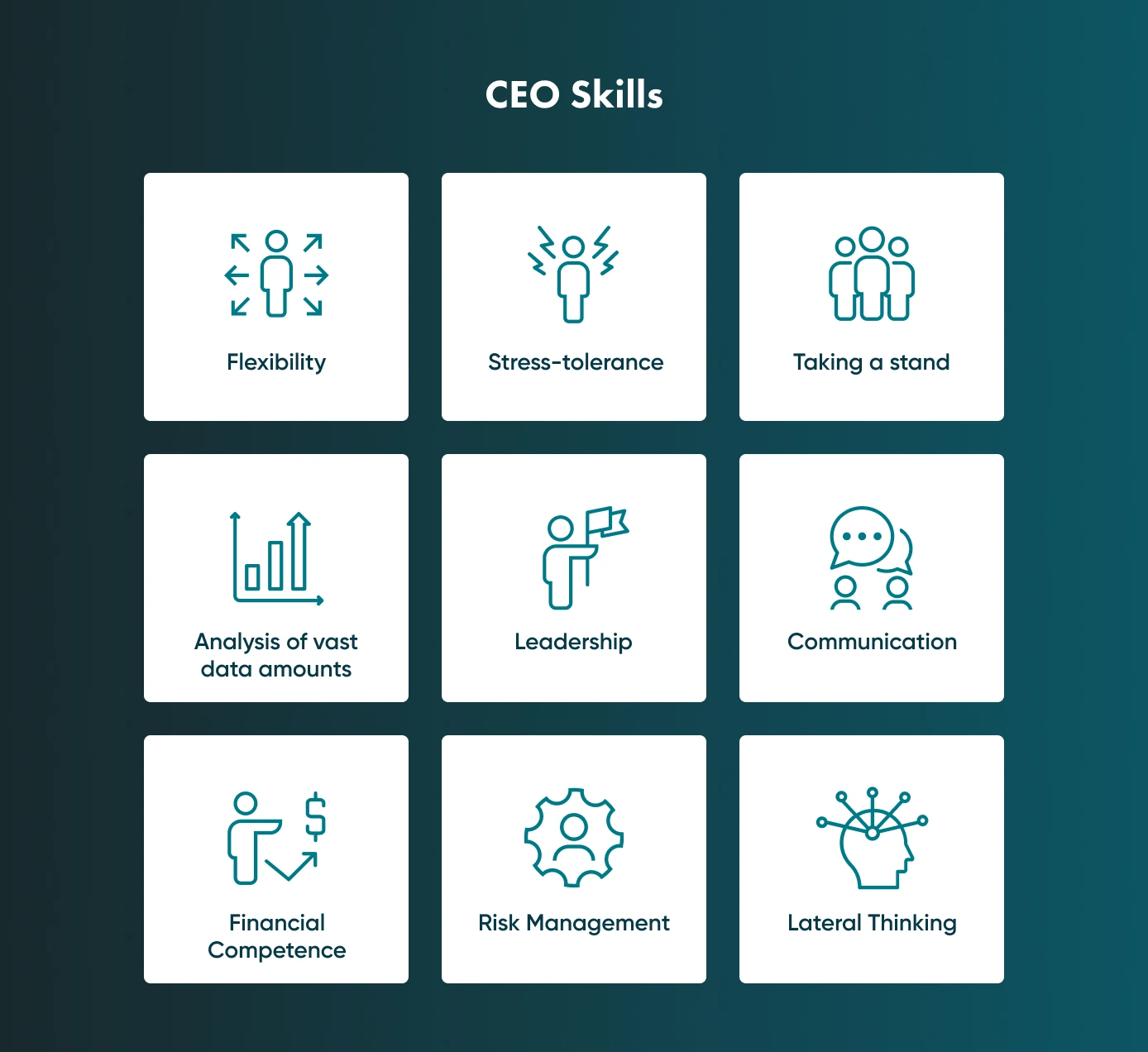
*gowombat.team
1. Leadership
At the core of every question,” How to become a CEO”, comes with strong leadership. Leadership involves more than just managing people; it entails inspiring and motivating a team to work toward shared objectives. A great CEO provides a clear, compelling vision that aligns with the goals of employees, thereby creating an environment where everyone feels appreciated and empowered to deliver their best work.
Leadership is about setting the tone for the organisation. Leadership means establishing a clear set of objectives and helping your team navigate the multiple challenges that arise when operating in the business world. As Craftd CEO Danny Buck puts it, effective people management is critical. This involves not only motivating and hiring the right team members but also having the courage to release those who do not fit the culture or membership goals of the organisation.
2. Communication
Communication is another crucial skill for any aspiring CEO. As the person at the helm, you’ll need to convey your vision and strategies clearly to various audiences, whether they are employees, board members, stakeholders, or the media. Effective communication is the bedrock of trust and collaboration within a team. It aligns everyone with the company’s goals and fosters a shared sense of purpose.
Erika Geraerts, CEO of Fluff, notes that a CEO must wear many hats, making effective communication essential for navigating these diverse roles. Your ability to articulate the company’s direction—whether in good times or bad—can significantly impact morale and confidence among your team. Clear communication helps to mitigate uncertainty, allowing employees to focus on their work rather than worrying about what’s happening at the top.
3. Problem-Solving
The answer to “ how to become a CEO” is not as simple as you think; in reality, every day as a CEO presents new challenges. From sudden shifts in the market to a crisis within the organisation, you must always be prepared to analyse the situation in a timely manner while also creating a plan to resolve the issues.
Problem-solving does not always mean simply putting out the fire; it requires thinking ahead, finding possible problems in advance, and working proactively to mitigate them before they become greater issues.
Good problem solvers accept the challenge with a strategic mindset. Instead of just putting out fires, they think of patterns and root-cause issues and know what long-term solutions to implement. This can protect your brand’s reputation and preserve valuable resources, leading you to a more robust organisation.
4. Decisiveness
As a CEO, you will regularly encounter challenging decisions that can affect your entire organisation. Being decisive is especially important when there is a limited amount of information to work with. Studies clearly show that leaders who are more decisive will be substantially more effective than leaders who are indecisive.
That said, it’s also worth noting that being decisive doesn’t equate to being rash. Great leaders make an effort to obtain input, analyse the pros and cons, and consider the impact their decisions may have before arriving at a final decision. This approach is a way for leaders to give proper consideration to ensure their decisions are thoughtful and strategic.
Building Agility: The Key to Modern Leadership
In today’s fast-paced business environment, agility is a trait that sets successful CEOs apart. But what does it mean to be agile as a leader?
Developing Foresight
In order to be agile, you need to predict changes that could impact your company. This requires actively researching and analysing trends or changes in the market to build a plan of action. A proactive organisation can save time and costs by staying ahead of the competition instead of having to catch up.
To be future-oriented means that you can do more than understand the current market climate; you can also predict the market climate in the future. You can use regular data analysis to get a better sense of timing and build regular email contact with outside experts in your market to help with understanding and anticipation of new opportunities.
Commitment to Learning
Successful CEOS continuously seek out new knowledge and perspectives, they ask for feedback, and they learn from their failures and the failures of others. The commitment to continuous improvement is vital to growth and innovation.
Keeping an open mind and being available to the learning experience allows us to broaden our perspectives and shift our thinking when new challenges arise. It is critical for us to stay curious and be open to new ideas, including reading, attending workshops, or networking with others for further professional development.
This willingness to learn experiences and participation brings about new ideas and approaches, which, in turn, are beneficial to the organisation.
Improving Adaptability
The capacity to adapt is important in today’s business landscape, which is always changing. While leading, you will inevitably experience unexpected shifts and challenges. Developing a growth mindset will better prepare you to deal with the changes.
To keep your power, it is vital to think about challenges as opportunities to grow rather than roadblocks. Adaptability also means being able to vary your style of leadership, which should also be flexible. Each situation may require a different leadership style, and your flexibility and ability to pivot your style as needed will help you navigate complex organisations.
Fortifying Resilience
As a leader, one of the characteristics of a good leader is having resilience. You will face challenges, and at times it can seem like the world is against you; you’ll face criticism, setbacks, and tough decisions throughout your career.
What is important is to keep a positive perspective while concentrating on what you can do. Taking care of yourself—physically and mentally–will allow you to sustain your energy and your well-being. Resilience is about the ability to bounce back from setbacks and reflect on the experience in order to learn from things that are difficult.
In fact, a resilient mindset helps you inspire your team to embrace challenges, turn them into opportunities for growth, and view difficulties as valuable learning experiences.
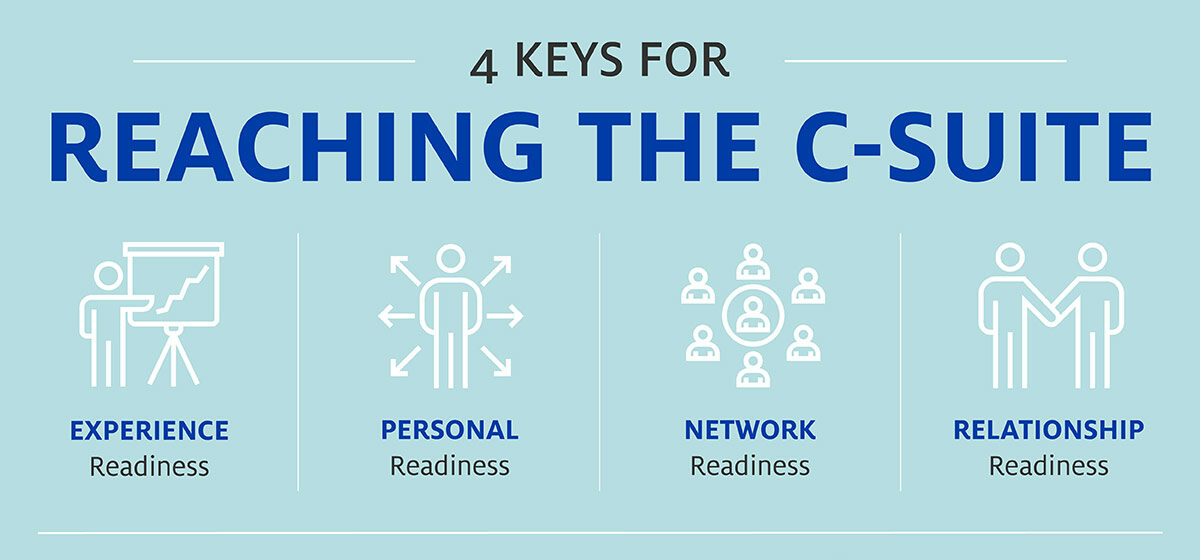
*ccl.org
How to Become a CEO
Now that we’ve covered the skills and mindset needed, let’s talk about the steps that shows how to become a CEO:
1. Pursue Education
A solid educational background can provide a strong foundation for your career. While some successful CEOs, like Bill Gates, didn’t finish college, pursuing an online degree in business can be beneficial. A degree in business administration introduces you to various topics like marketing, finance, and management.
If you want to deepen your knowledge and study for CEO, consider an online MBA available at Jaro Education. Our programs often include real-world case studies that prepare you for the challenges you’ll face as a CEO. If traditional schooling isn’t for you, look into online courses and industry certifications that can enhance your skills.
2. Gain Relevant Experience
Whether you’re wondering how to become CEO of Google or any other big MNC, experience is of utmost importance on your journey to becoming a CEO. Start in roles where you can develop leadership skills and obtain a full view of the business. Seek opportunities to lead projects or teams, and do not fear difficult assignments.
3. Network Strategically
Creating your own strong professional network can be a key to unlocking opportunities for you. Go to industry events, engage in professional organisations, and find professional mentors for guidance and support. They are often good for insights and opportunities that are not available to you in other ways.
4. Take Feedback Positively
Throughout your career, ask colleagues and mentors for feedback. Feedback is valuable and will help you become aware of areas that you could improve upon and help you to further develop your leadership style. Seeking feedback shows that you are committed to your own personal development.
5. Prepare for Criticism
As a CEO, you’re going to experience criticism. People will have opinions about what you do, and they won’t always agree with you. You have to be okay with your gut and believe in yourself to lead the team. Remember, others will have 20/20 hindsight, and you can’t please everyone.
Pursue Your Dream of Becoming a CEO With Jaro Education
If you want to climb the ladder to becoming a successful CEO, Jaro Education is the one-stop destination to begin with. We are a highly renowned online higher education and upskilling company with years of experience and expertise. Our mission is to provide career counselling and academic guidance to passionate learners.
At Jaro Education, we collaborate with India’s top institutions to offer the best online courses in management, marketing, and technology. Our programs are designed to equip you with the skills and knowledge needed to excel in today’s competitive business landscape.
In addition, for many of the programs offered by prestigious institutions like IITs and IIMs, we serve as a marketing and technology partner, ensuring that our learners receive cutting-edge education that is both relevant and impactful.
Our top MBA Programmes are:
| Programme | Universities |
|---|---|
| Online MBA | Dr. D. Y. Patil Vidyapeeth |
| Online MBA | Manipal University, Jaipur |
| Online MBA | Symbiosis School for Online and Digital Learning (SSODL) |
| Online MBA | Amity Online University |
Conclusion: Your Journey Begins Now
If your ambitions lead to a career as a CEO, it is essential to know that the process will involve learning, growth, and some resilience. Pay attention to building upon the skills we have discussed, seek experiences to push yourself, and surround yourself with a network of supportive peers.
To be a CEO is not merely being a title, but fully becoming the values and vision which drive your organisation forward. Make it a point to appreciate the process, learn from every experience, and remain mindful of your journey. Your journey starts today—are you ready to take the leap forward? Well, let Jaro Education help you with your “Success Ki Taiyari.
Frequently Asked Questions
What is the qualification for a chief executive officer job?
Although there isn’t a specific qualification needed to become a CEO, a solid educational background in business or a related field, along with significant experience and strong leadership skills, is generally essential.
What knowledge do you need to be a CEO?
A CEO needs a variety of skills, from time management to effective delegation. However, three key skills are particularly essential for the role: leadership, problem-solving, and communication.
Which MBA is best for the CEO?
For those aspiring to become CEOs, an MBA with specialisations in General Management, Finance, Strategy, Marketing, or Operations & Project Management can be extremely advantageous, offering a solid business foundation and targeted skills. If you want to register for the online MBA, connect with Jaro Education.
What is the salary of the CEO?
The salary of a CEO in India can differ significantly based on factors such as the company, industry, experience, and location.







